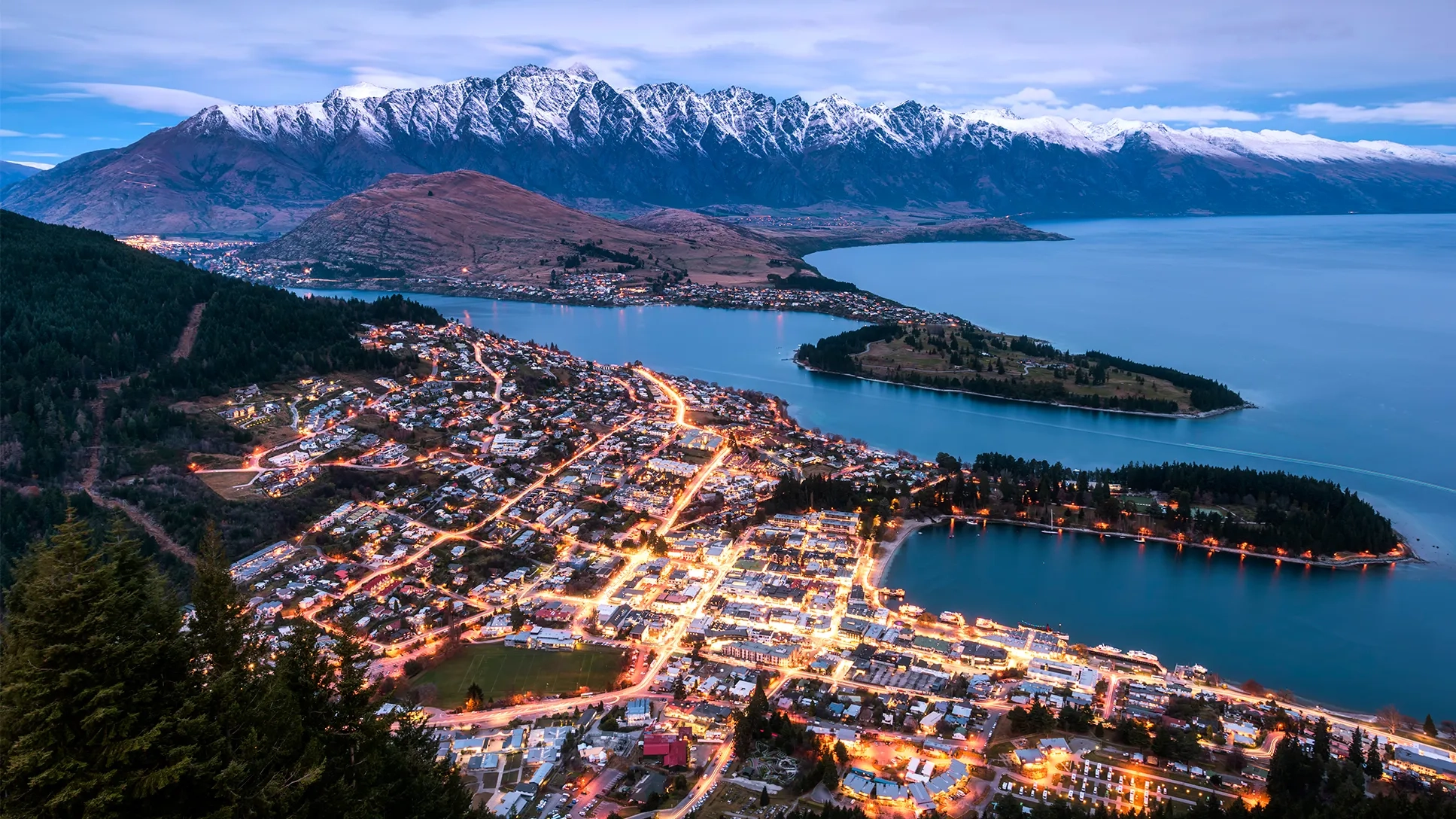1. Cost of Living:
Rent: Rental costs vary by location, with larger cities generally having higher rents. On average, a one-bedroom apartment in the city center can range from NZD 1,500 to NZD 2,500 per month.
Utilities: Basic utilities for a standard apartment may cost around NZD 150 to NZD 250 per month.
2. Healthcare: New Zealand has a public healthcare system that residents, including immigrants, can access. However, many choose to have private health insurance for additional coverage. Costs for private health insurance vary based on coverage and provider.
3. Transport: Public transport is available in cities, including buses and trains. Monthly public transport passes can cost around NZD 100 to NZD 200. Owning a car involves additional expenses, including fuel and maintenance.
4. Food: Grocery costs depend on personal preferences and dietary choices. On average, a single person may spend around NZD 100 to NZD 200 per week on groceries. Dining out can range from NZD 20 to NZD 50 per meal at a mid-range restaurant.
5. Cultural and Social Life: New Zealand offers a diverse cultural and social scene. Participating in community events, outdoor activities, and local festivals can enhance the immigrant experience.
The average cost of living in New Zealand for a single person can range from NZD 20,000 to NZD 30,000 per year. This estimate includes expenses such as rent, food, transportation, utilities, healthcare, and other miscellaneous costs.
Pros of Living in New Zealand:
- Stunning Natural Beauty: New Zealand is renowned for its breathtaking landscapes, including mountains, beaches, and fjords, offering residents a high quality of life.
- Outdoor Lifestyle: The country provides abundant opportunities for outdoor activities such as hiking, skiing, water sports, and more.
- Friendly and Inclusive Society: New Zealanders, known as Kiwis, are generally welcoming, and the country values diversity and inclusivity.
- High-Quality Healthcare: The public healthcare system is of a high standard, and residents can also opt for private healthcare for additional services.
- Clean Environment: The country is known for its clean and green environment, with a commitment to sustainable practices.
Cons of Living in New Zealand:
- Limited Job Market: While there are job opportunities, the job market can be competitive, and certain industries may have limited openings.
- Distance from Other Countries: New Zealand is geographically isolated, which can make international travel more time-consuming and expensive.
- Housing Affordability: Housing affordability can be a challenge, especially in cities like Auckland, where the real estate market has experienced significant growth.
- Earthquakes and Natural Disasters: Being in a seismically active zone, New Zealand is prone to earthquakes. While strict building codes mitigate risks, natural disasters can still occur.
- Limited Public Transport in Some Areas: In certain regions, public transportation options may be limited, and owning a car may be necessary.
1. Auckland: Largest city with diverse job opportunities, cultural events, and amenities. Close to beaches and outdoor activities.
2. Wellington: Capital city with a vibrant arts scene, government jobs, and picturesque harbor. Compact city with a strong sense of community.
3. Christchurch: Known as the "Garden City" with parks and green spaces. Rebuilding after earthquakes has led to modern infrastructure.
4. Hamilton: Growing city with affordable housing, home to a major university. Located in the Waikato region with diverse landscapes.
5. Dunedin: Known for its Scottish heritage, strong education sector, and wildlife. Beautiful surrounding landscapes.
- Job Search Before Arrival: Secure a job before arriving if possible. Having employment in place can positively impact your visa application and ease your settlement process.
- Understand the Cost of Living: Familiarize yourself with the cost of living in New Zealand. This includes housing, transportation, healthcare, and education. Budget accordingly to avoid financial stress.
- Explore Regions and Cities: Research different regions and cities to find the best fit for your lifestyle. Consider factors such as job opportunities, climate, and community amenities.
- Build a Financial Cushion: Have sufficient savings to cover initial expenses, including accommodation, utilities, and transportation, as it may take some time to settle and secure employment.






